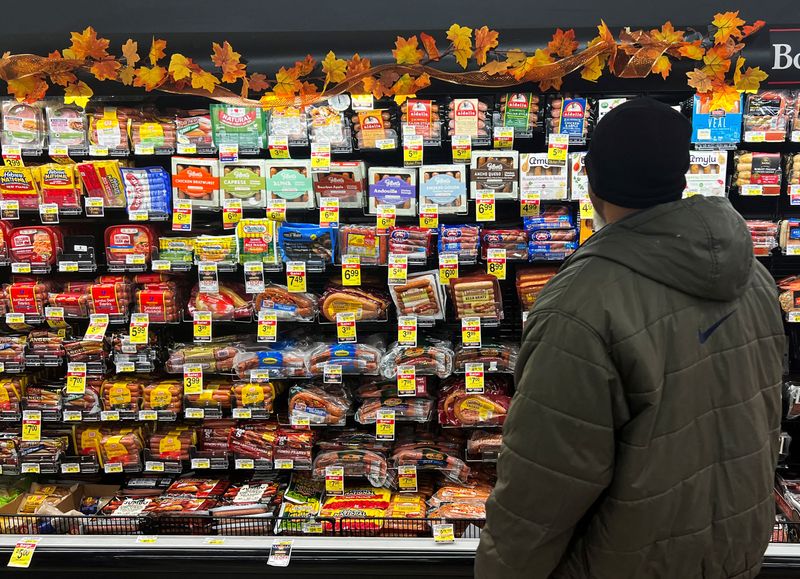By Richa Naidu and Helen Reid
LONDON (Reuters) - Consumer goods makers and retailers investing in sustainably made products after years of shopper outcry, say they face an uphill struggle convincing people to switch when those products cost more or look inferior.
Shareholders, consumers and regulators have pressured companies - from Kimberly-Clark (NYSE:KMB) and Nestle to Walmart (NYSE:WMT) - into spending billions of dollars on more sustainable supply chains to produce less environmentally harmful products.
But when push comes to shove, the companies sometimes find consumers aren't buying them.
"There is a gap between what people say they want and what they actually do at the purchasing point -- this is a difficulty for us," Oriol Margo, EMEA sustainability transformation leader at Kimberly-Clark, said on Thursday at the Reuters IMPACT conference in London.
"It feels like our consumers are asking for sustainability but they are not looking to compromise on price or quality."
Kimberly-Clark, which makes Kleenex tissues and Huggies diapers, has in recent years tried to use more recycled fibres in its products, but shoppers sometimes see them as lower quality.
As of the end of 2022, Kimberly-Clark has reduced its Scope 1 & 2 greenhouse gas emissions by 42% and emissions from Scope 3 by 10.8% globally compared to 2015. It overhauled its supply chain to source about 90% of its tissue fibre from "environmentally preferred" sources, it said in a sustainability report.
Scope 1 refers to a company's direct emissions, Scope 2 to indirect emissions from purchased energy while Scope 3 refers to all other indirect emissions, for example from a company's third-party suppliers.
A joint study by consultant McKinsey and data firm NielsenIQ earlier this year found that 78% of U.S. consumers say a sustainable lifestyle is important to them.
"Yet many CPG (consumer packaged goods) executives report that one challenge to their companies’ environmental, social, and governance (ESG) initiatives is the inability to generate sufficient consumer demand for these products," the study added.
"Ultimately, it's a matter of communication. A lot of consumers do not realise what the consequences might be," Ahold Delhaize CEO Frans Muller said at the conference.
Ahold owns 19 retail brands including Albert Heijn in the Netherlands and Stop & Shop in the United States.
"We will go our own course as a company, but we have to communicate (with shoppers)."
To view the live broadcast of the Road to COP Stage go to the Reuters IMPACT news page:
